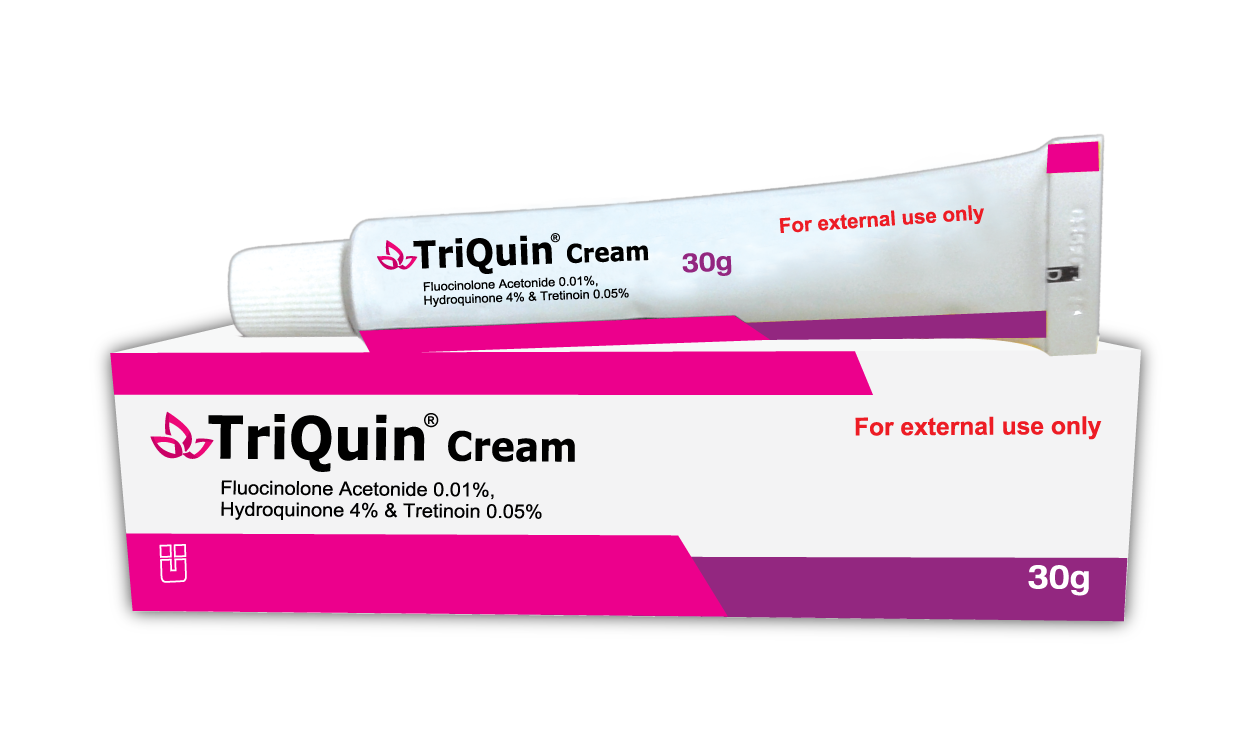Acne breakouts might be a rite of passage for teenagers, but they don’t have to stick around as you get older. Getting a diagnosis and finding the right acne treatment can help you say goodbye to your pimples.
The first step is to create a list of questions for your doctor. These can include your age, skin type, current medications and any other health issues.
Benzoyl peroxide
Benzoyl peroxide, or BPO, is an easy-to-find ingredient in many over-the-counter acne treatments. It’s an antiseptic that reduces bacteria to help treat acne, and it also works as a peeling agent and helps unclog pores.
This powerful ingredient is oil soluble, which allows it to penetrate sebum-filled pores and kill acne-causing bacteria. It’s often one of the first treatments recommended for mild to moderate acne and is available in OTC gels, lotions, foams and washes in concentrations from 2.5% to 10%.
However, it can bleach clothing and colored towels, so it’s important to use a white towel when applying benzoyl peroxide. It’s also a good idea to avoid over-applying it, as this will cause irritation. If irritation becomes severe, talk to your dermatologist about other treatment options.
Retinoids
Retinoids are vitamin A-based compounds that help unblock pores, fade actinic keratosis spots and even out skin tone and texture. They can also reduce fine lines and wrinkles, but they may take longer to work than other treatments.
Topical retinoids are part of the recommended first-line treatment for acne because they have comedolytic, anti-comedogenic and anti-inflammatory actions. They also resolve the precursor microcomedone lesion and prevent clogging in the future.
You can find weaker retinols in traditional skin care products, but higher-strength retinoids are available by prescription only. Your dermatologist will recommend the right percentage strength, formula and frequency for your skin type. It’s important to use sunscreen, because some retinoids react with the sun and increase your risk of sunburn. You should also avoid manually exfoliating when you’re using a retinoid, because this can irritate your skin.
Antibiotics
When natural bacteria get trapped inside a clogged pore, they multiply and cause the pore to become inflamed. If this inflammation goes deep into the pore, pimples (cysts or nodules) form.
Antibiotics kill bacteria, which helps reduce acne inflammation and clear the skin. However, long-term antibiotic use can lead to resistant bacteria and change the makeup of your skin’s microbiome, which may have other health consequences.
Dermatologists recommend avoiding antibiotics for acne treatment, and only using them as prescribed by your doctor. Our expert doctors at Pandia Health always add a topical benzoyl peroxide to any oral antibiotics they prescribe to double-kill bacteria and decrease the likelihood of resistance. They also recommend keeping antibiotics for short periods of time, not more than 12 weeks at a time.
Chemical peels
A chemical peel is a treatment that uses chemicals to ‘burn off’ the damaged skin cells, revealing the newer, healthier-looking layer beneath. It can also stimulate collagen growth, improving skin texture and color.
A light chemical peel can improve the appearance of fine lines, uneven skin tone and sun damage. It can also be used to remove blemishes and blackheads, especially those caused by the acne bacterium Propionibacterium Acnes (P. acnes).
Medium and deep chemical peels can minimize enlarged pores, reducing fine lines and wrinkles. They can also treat discoloration and improve the appearance of scars. These types of peels should only be performed by a dermatologist to avoid complications. They can cause redness, swelling and blistering, which may require a bandage to be worn, and medications to manage the pain.
Laser treatment
Laser treatments are a safe and technologically advanced means of reducing acne scars. The treatment uses light to clear the skin of dead cells and activate your body’s natural healing process. The results are a rejuvenated complexion with diminished scarring and less textural and tonal irregularities.
The neodymium-doped yttrium aluminium garnet (Nd:YAG) laser improves inflammatory acne by photothermolysis of dilated blood vessels. It also reduces sebum production by causing the coagulation of sebaceous gland water.
During laser treatments, the light penetrates deep into the skin and stimulates collagen production, which leads to a healthy and rejuvenated complexion. The number of sessions required varies from person to person, so consult with Dr. Green to get a personalized plan for your skin type and acne scars.

